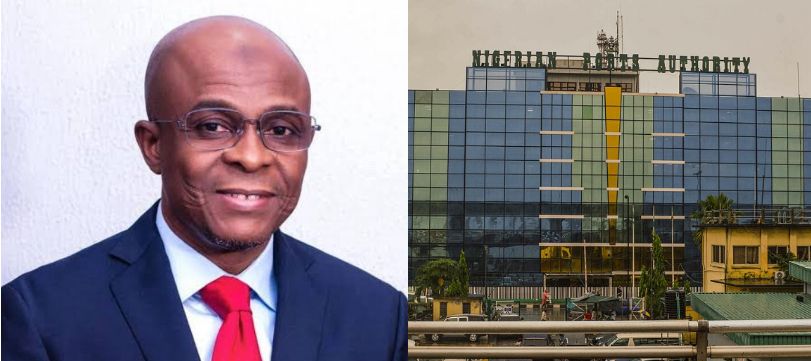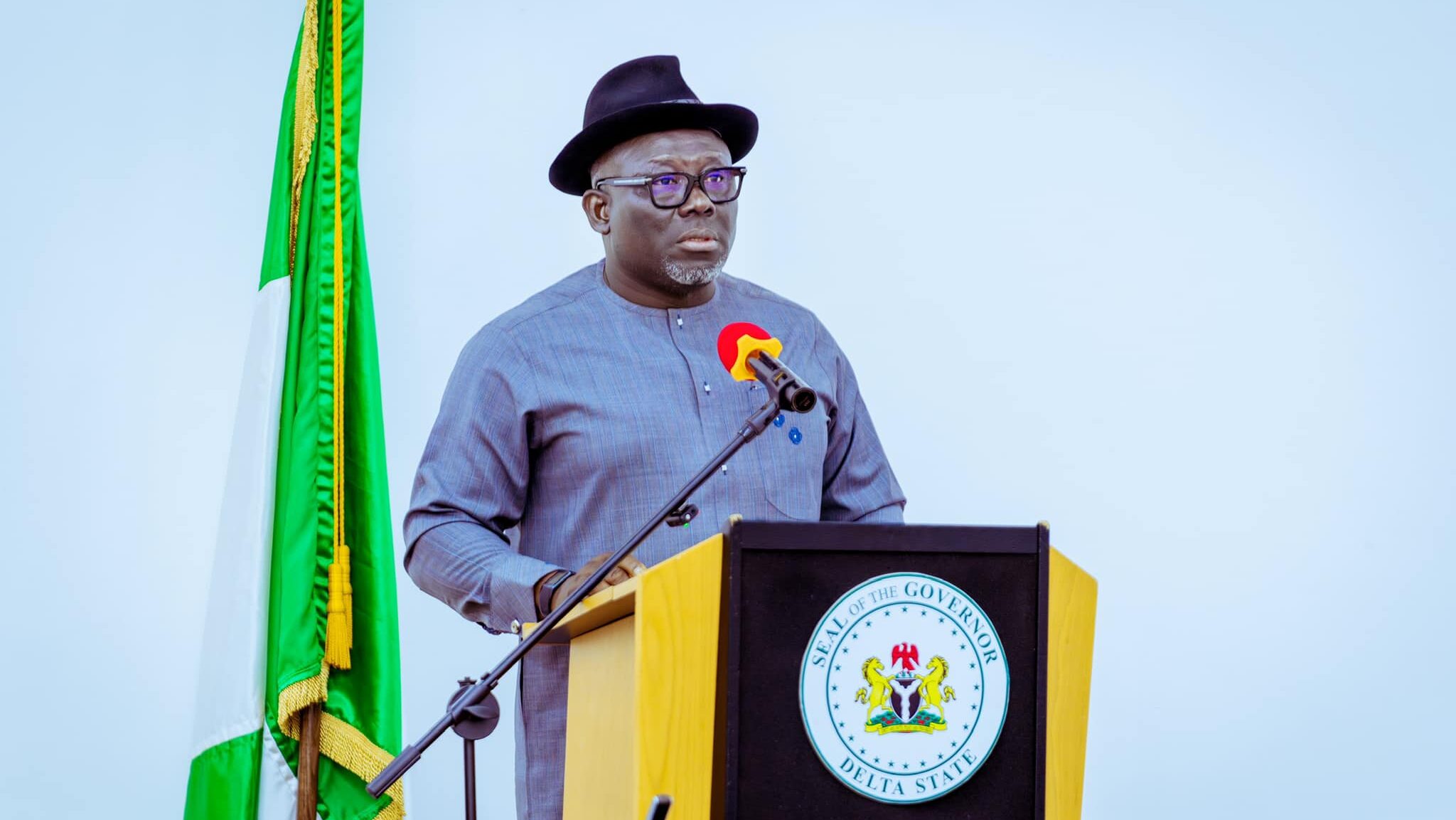In the Supreme Court of Nigeria
Holden at Abuja
On Friday, the 17th day of January, 2025
Before Their Lordships
Uwani Musa Abba Aji
Adamu Jauro
Chioma Egondu Nwosu-Iheme
Obande Festus Ogbuinya
Habeeb Adewale Olumuyiwa Abiru
Justices, Supreme Court
SC/307/2006
Between
BANK OF AGRICULTURE LIMITED APPELLANT
And
SALEM FARMS LIMITED RESPONDENT
(Lead Judgement delivered by Honourable Habeeb Adewale Olumuyiwa Abiru, JSC)
Facts
The Respondent, a private limited liability company engaged in the business of mixed farming, obtained a loan of N1,161,818.00 from the Appellant to support its business. A total sum of N1,018,616.05 was disbursed to the Respondent in tranches, with the first tranche disbursed on 16th August, 1988. The Respondent used the borrowed funds to purchase 446 cows for rearing, and for other farming activities. The project was insured by the Nigerian Agricultural Insurance Company.
In early 1989, an outbreak of Contagious Bovine Pleuro-Pneumonia (CBPP) ravaged the Respondent’s cattle, and all the drugs administered on the diseased cattle by the Veterinary Department of the Kwara State Ministry of Agriculture on the diseased cattle, did not cure them or contain the outbreak. The Nigerian Agricultural Insurance Company, upon becoming aware of the situation, cancelled its undertaking to cover the project, refunded the premium, and made an ex gratia payment to the Appellant. The disease led to the death of 428 cows, leaving the Respondent with only 18 cows. The Respondent brought this development to the attention of the Appellant, however, it continued to pay the loan until it repaid the sum of N1,055,6216.00. The Respondent wrote to the Appellant, appealing for a waiver of the interest on the loan. Subsequently, the Appellant wrote to the Respondent demanding it to pay the sum of N877,736.04, or risk the auctioning of its assets.
Consequently, the Respondent filed an action at the High Court of Kwara State seeking inter alia, a declaration that the loan contract was frustrated by an Act of God, namely an epidemic of cattle disease, and having repaid a substantial part of the loan, it was discharged from any further liability to the Appellant. The Appellant’s case, on the other hand, was that the Respondent was still indebted to the Appellant to the full tune of the principal and interest on the loan. After the conclusion of trial, the trial court delivered judgement in which it granted the Respondent’s claims, and found that the CBPP outbreak was a force majeure event that frustrated the contract and discharged the Respondent from any further liability to the Appellant.
Dissatisfied, the Appellant appealed to the Court of Appeal which affirmed the trial court’s findings, and dismissed the appeal. Thereafter, the Appellant filed a further appeal at the Supreme Court.
Issue for Determination
The Supreme Court considered the first issue raised by the Appellant, which it opined was the only viable issue for determination, as follows:
Whether the Court of Appeal was wrong having regard to the established facts in addition to the Insurance Company’s letter (Exhibit 5), in holding that what happened to the Respondent’s project was an Act of God which frustrated the whole contract that existed between the Appellant and the Respondent.
Arguments
Counsel for the Appellant contended that the finding of the Court of Appeal that the CBPP outbreak was an act of God which frustrated the contract, was at variance with the evidence of the Respondent’s witness that the disease was common to cows. He argued that the outbreak was neither unforeseeable nor unavoidable, hence, the lower court’s conclusion was speculative and perverse. Counsel maintained that the disease did not meet the legal threshold for force majeure, as it was foreseeable and controllable. He argued further that the loan agreement contained no clause excusing repayment due to an Act of God, and that the obligation to repay was absolute. Counsel also argued that the loan advanced to the Respondent covered more than cattle rearing – extending to crops, buildings, and equipment – yet, the Respondent failed to show specifically which portion of the loan it spent on the purchase of the cattle. He argued that this lack of specific evidence undermined the Respondent’s case. Counsel urged the Court to allow the appeal, and overturn the judgement of the Court of Appeal.
In response, Counsel for the Respondent argued that the core purpose of the loan was for cattle breeding and rearing, not the broader “project” suggested by the Appellant. Counsel stated that the Respondent used the loan to purchase 446 heads of cattle, which were almost entirely wiped out within weeks by the CBPP epidemic. The Respondent’s Counsel argued that the scale and rapid spread of the disease, which left only 18 cattle alive, was unforeseeable and beyond control, fitting the legal definitions of both force majeure and Act of God. He clarified that the phrase “common to cows,” used by the Respondent’s witness meant the disease was peculiar to cattle, not that its outbreak in epidemic form was expected.
Counsel also stated that the evidence on record of the intervention of the Veterinary Department of the Kwara State Ministry of Agriculture and their inability to contain the disease outbreak, reinforced the lower court’s conclusion that the incident was an unforeseeable disaster. Counsel added that the Respondent had an operational farm prior to the loan and used the funds specifically for cattle farming, as evidenced during trial. He concluded that the lower court’s finding that the outbreak frustrated the loan contract was sound and supported by the evidence, and urged the Apex Court to uphold the decision and dismiss the appeal.
Court’s Judgement and Rationale
In resolving the sole issue, the Supreme Court held that although the principle of the sanctity of contracts insists upon the literal performance of contracts even though a supervening event has occurred that interferes with the debtor’s performance, or that reduces the creditor’s counter-performance; on the other hand, the counter-principle of “changed circumstances” recognises that parties often enter contracts on the basis of certain shared but unexpressed assumptions, and being busy rather than clairvoyant, they do not foresee a circumstance that may destroy a basic assumption on which they contracted. The Court held that this principle recognises that a debtor’s performance ought to be excused, when the unforeseen circumstance imposes unreasonable hardship or extreme onerousity, even though his performance is not absolutely impossible.
The Apex Court held that while contractual promises are generally absolute and enforceable, the law also provides for doctrines such as impossibility, impracticability of performance, and frustration of purpose, which are implied terms under common law. The Supreme Court held that at common law, there are three kinds of events that produce an almost automatic excuse for non-performance on the ground of impracticability and these are: (a) the supervening death or incapacity of a person who was to perform skilled, unique or highly personal services; (b) where a supervening illegality prohibits performance of the contract; and (c) where there is a supervening destruction of the contract’s object. The Court held further that under the doctrine of frustration, a contract may be discharged, if after its formation, events occur making its performance illegal, impossible or commercially sterile. The Court cited MAZIN ENGINEERING LIMITED v TOWVER ALUMINIUM (NIGERIA) LTD (1993) 5 NWLR (PT. 295) 526 and also referred to its decision in OBAYUWANA v GOVERNOR BENDEL STATE (1982) LPELR-2160 (SC). The Court held that the concept of impracticability of performance postulates that where, by reason of an unanticipated event, the performance of a contract by a party becomes overly burdensome and onerous, with extreme and unreasonable difficulty, it will constitute a viable excuse to the party for not discharging its obligation under the contract.
The Court held that these excuse doctrines do not need to be expressly stated in the agreement for them to apply, however a promisor seeking to excuse himself from performance of his obligations on the basis of frustration of contract, is required by the law to prove that the risk of the frustrating event was not reasonably foreseeable and that the value of counter-performance is totally or nearly totally destroyed. The Court held that in determining whether a supervening event has occasioned impracticability of performance thereby, frustrating the contract, the court must consider whether or not the impracticability is temporary or permanent; whether the party raising the issue of impracticability demonstrated that it made diligent and reasonable efforts to avoid the consequence of the unexpected circumstances and whether the supervening event was not reasonably foreseeable.
The Apex Court held further that, the fact that an act occurs frequently does not take it out of the realm of reasonable foreseeability; what it does is to increase the threshold of the magnitude of such act that will qualify as an uncontemplated act.
The Supreme Court held that in the instant case, there was no evidence on record showing that the manner in which the Contagious Bovine Pleuro-Pneumonia (CBPP) ravaged the cattle farm of the Respondent a few weeks after the Respondent purchased the cattle and caused the death of 428 heads of cattle was the usual manner that the CBPP operates in cattle farms. The Court held that in the absence of such evidence, the magnitude of the outbreak on the Respondent’s cattle farm must qualify as an uncontemplated act, outside the scope of reasonable foreseeability. The Apex Court held further that there was also evidence that the Respondent took out an insurance cover for the farm with the Nigerian Agricultural Insurance Company, and that upon the onset of the disease, it involved the Veterinary Department of the Kwara State Ministry of Agriculture and Natural Resources in an effort to contain the disease, but that all the interventions including the administration of known drugs failed to stop the scourge of the disease. The Court held that these show that, the Respondent took reasonable care to preempt and contain the disease, thus, contrary to the arguments of the Appellant’s Counsel, the finding of the lower Court that the outbreak of the disease “was an unforeseen peril/disaster that could not have been guarded against by the exercise of reasonable care” was supported by the case made out on the record of proceedings.
The Court held that mere hardship or inconvenience is not sufficient to invoke the doctrine of frustration or impracticability, but in this case, the facts established extreme onerousity, justifying the Respondent’s partial non-performance.
On the contention of the Appellant’s Counsel that the promise to repay the loan was an absolute one, and that there was no provision in the agreement excusing performance, the Supreme Court reiterated that the excuse of performance of contract doctrines are principles of common law which are imposed as implied terms into a contract upon the occurrence of the frustrating event, and they need not be specifically provided for in a contract for them to be invoked. The Court found that the main purpose of the loan was the establishment of a cattle farm, and that this purpose was destroyed by the outbreak of CBPP, thereby frustrating the very foundation of the contract.
In conclusion, the Supreme Court upheld the findings of the two lower courts, holding that the outbreak of the CBPP disease and its devastating impact on the Respondent’s cattle farm, constituted a valid excuse under the doctrine of frustration and commercial impracticability.
Appeal Dismissed.
O. J. Ajakpovi for the Appellant.
Olasunkanmi T. Olorunisola with G. Eteowo for the Respondent.
Reported by Optimum Publishers Limited, Publishers of the Nigerian Monthly Law Reports (NMLR)(An affiliate of Babalakin & Co.)




